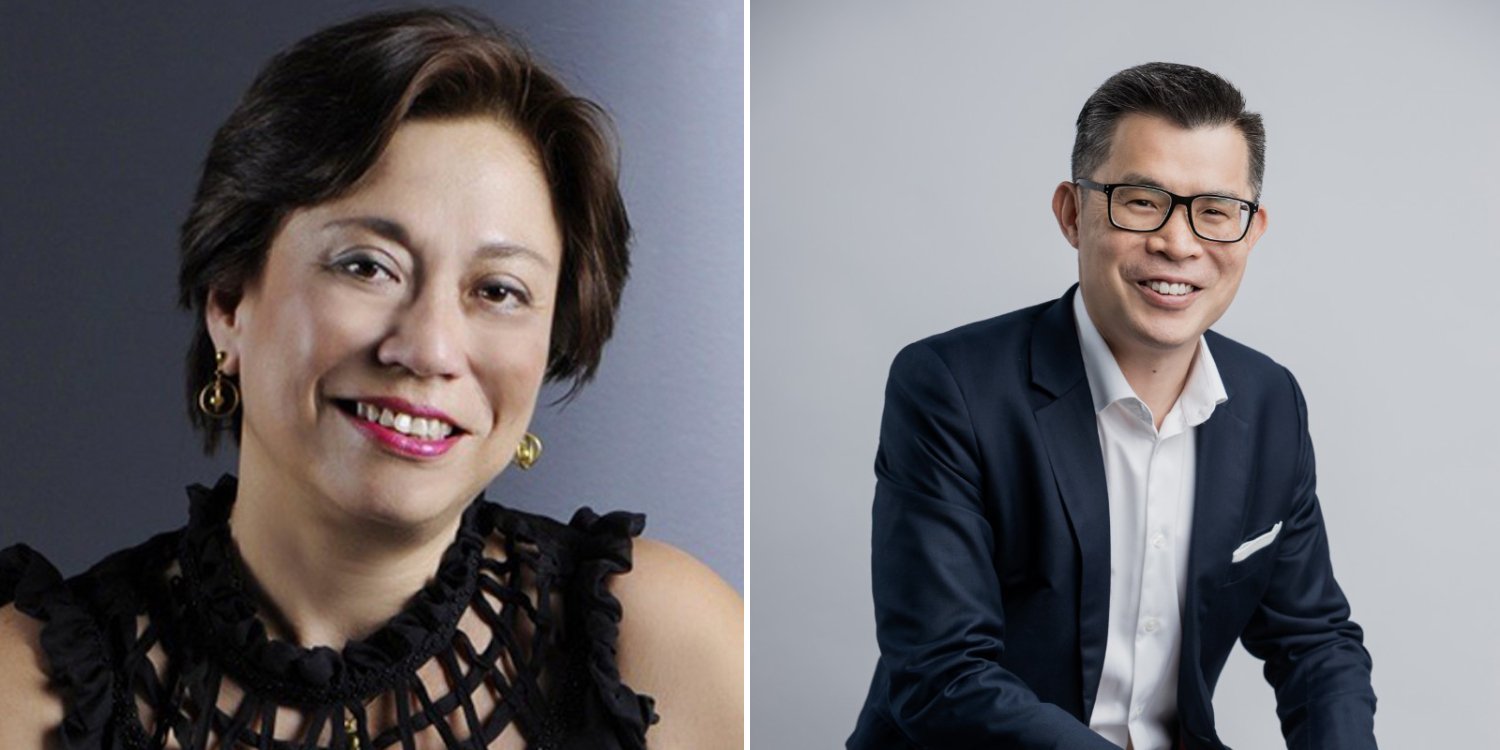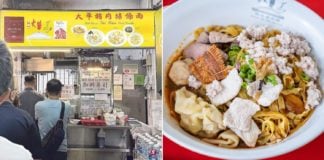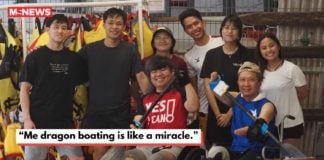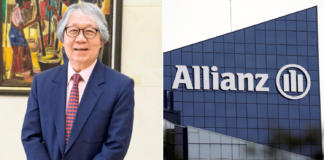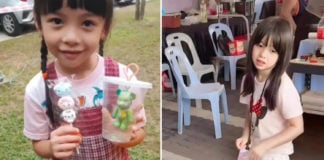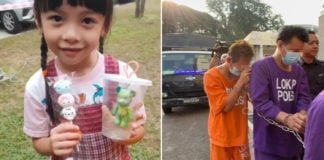Bertha Henson disagrees with previous statements on censorship by Straits Times editor Jaime Ho
Former The Straits Times (ST) editor-turned-media commentator Bertha Henson has expressed consternation over comments made by ST editor Jaime Ho on a 14 Feb livestream.
Mr Ho had denied the existence of censorship, highlighting that the paper and Government shared a “fluid relationship”. He added that even though the paper receives feedback on its coverage, this does not amount to censorship. Mr Ho also said there was no self-censorship.
Ms Henson refuted this, pointing out that was not what she experienced during her time as a journalist and editor.
Bertha Henson disagrees with Jaime Ho’s claims on censorship
Ms Henson was speaking on the Teh Tarik with Walid Abdullah show hosted by Walid Jumblatt Abdullah, an Assistant Professor at Nanyang Technological University’s School of Social Sciences — the same show that Mr Ho had appeared on when he made his comments.
Ms Henson said she was “flabbergasted” by Mr Ho’s claims about a lack of censorship in the ST newsroom.
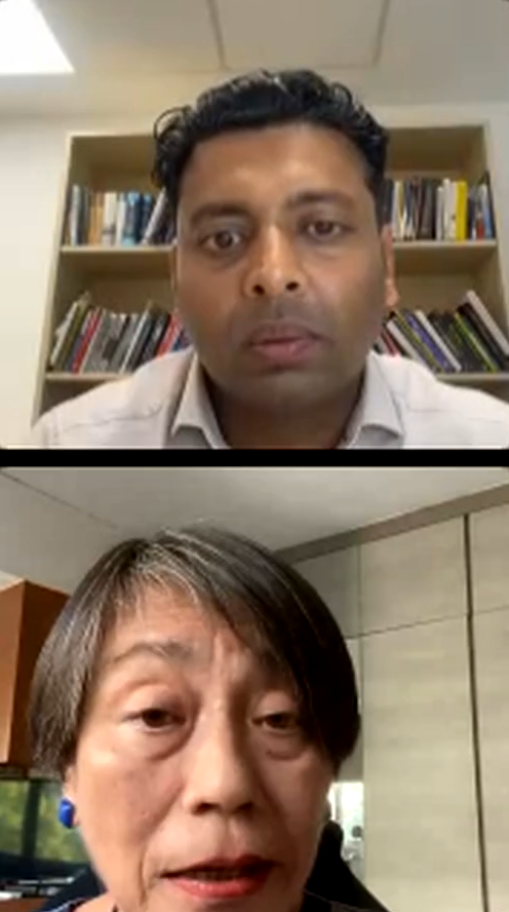
Source: Instagram
“Frankly speaking after the first two questions I had to stop… listening to the whole thing,” Ms Henson, who has 25 years of experience in Singapore Press Holdings (SPH), said.
Ms Henson had previously served as the associate editor and news editor of ST, as well as the deputy editor of The New Paper.
She added: “I mean, not just that there’s no censorship, I don’t know whether in Singapore, or another planet, or somewhere else, but worse, (he says) there was no self-censorship as well — it’s just not credible.”
She went on to say that her experience is very different from what Mr Ho has described. “Unless you tell me that over the past few years, things have changed drastically in the Singapore landscape.”
She acknowledged that Mr Ho could have defined censorship as a process in which draft articles get vetted by someone outside of the newsroom, a process that she agreed doesn’t happen.
But Ms Henson said it was “unbelievable” for Mr Ho to claim that there was no censorship from third parties and no self-censorship, too. It is “so clear”, she said, that newsmakers — companies or advertisers — would inadvertently put pressure on journalists.
“Newsmakers want to look good,” she said, adding that the outcome depends on whether journalists “have the stomach” to stay firm and say no to any influence.
Difference between self-censorship and editing
Ms Henson added that there was a difference between self-censorship and the process of editing.
“When you edit, you have the reader in mind. The story is shaped in a way that the reader can understand,” she said.
“When you self-censor, you are saving your own skin,” she noted. “You are doing it because ‘oh, I don’t want to get into trouble, I cannot afford this’… that’s self-censorship.”
“Frankly speaking, self-censorship is there all the time. You just don’t want to overstep some boundaries and then you get in trouble and have to defend yourself,” she said.
Ms Henson said at the end of the day it all depends on where one’s principles lie, and how far one can go to stand one’s ground. This can be done, she elaborated, in situations where journalists can say whatever they have written is “perfectly legitimate”.
“It comes down to facts. What is reporting? Everything is based on facts. If I have the facts, you may dislike how I write it, you may hate the thing, but you cannot quibble with me because I have the facts. That has always been the principle of journalism.”
She also said that there’s always room for negotiation, with both parties saying their piece. Ultimately the reporter and editor will have to decide if it’s a battle they want to win or are willing to lose.
Assistant Professor Walid replied that it might be hard for journalists to refuse such pressures, as they may be worried about jeopardising their career.
“Then what you’re saying is the newsmaker doesn’t think that the integrity of journalism is worth preserving,” she followed.
The culture set from the top is very important, she said. “Are we going to roll over and die every time there’s a bit of pressure?
You can watch the full episode on Instagram here.
Have news you must share? Get in touch with us via email at news@mustsharenews.com.
Featured image adapted from Wiki.sg and LinkedIn.

Drop us your email so you won't miss the latest news.
